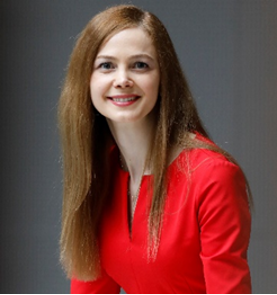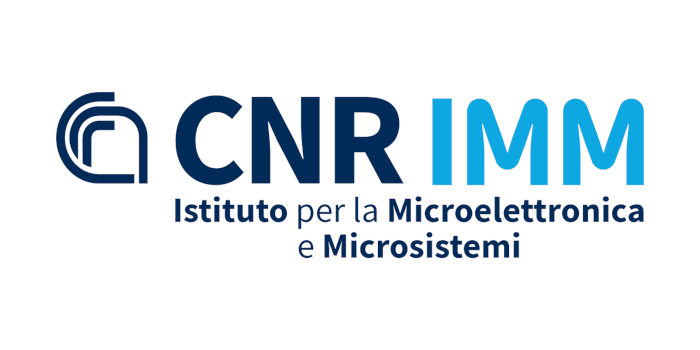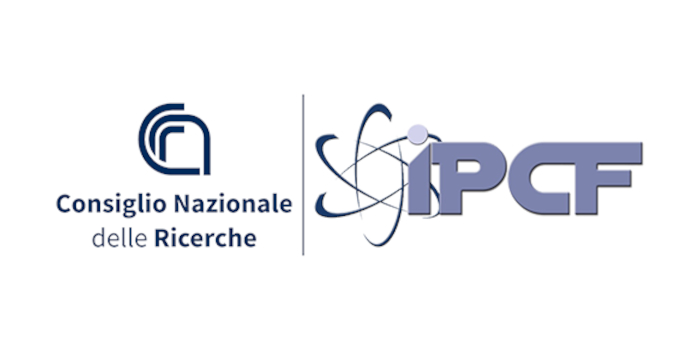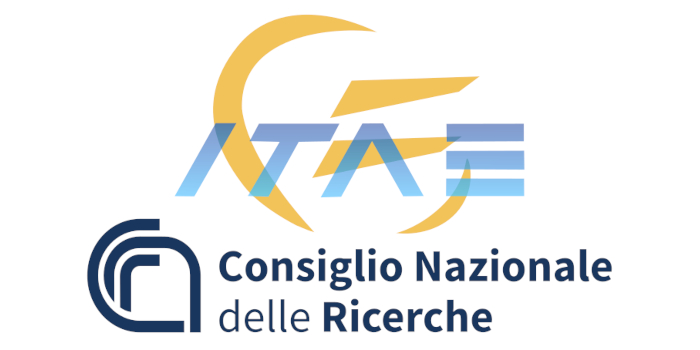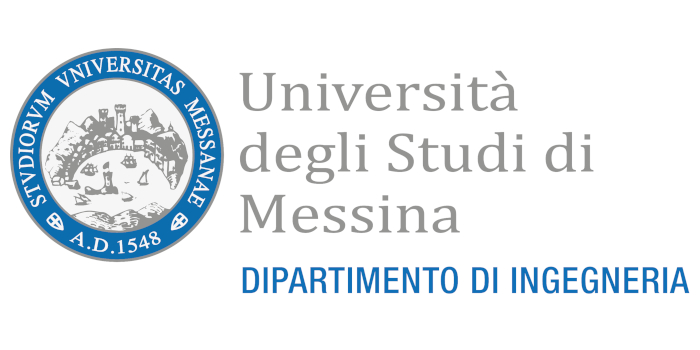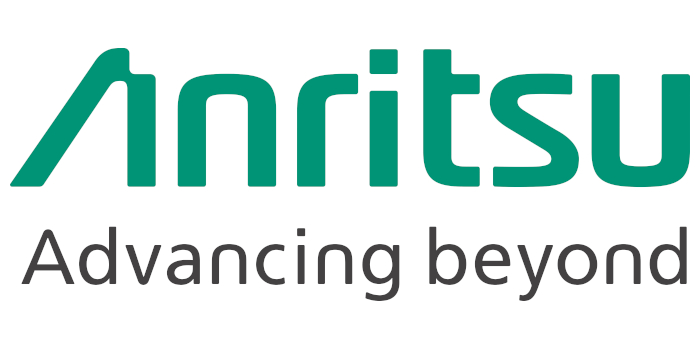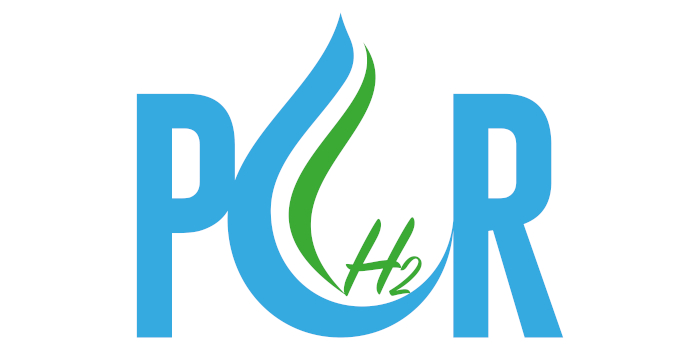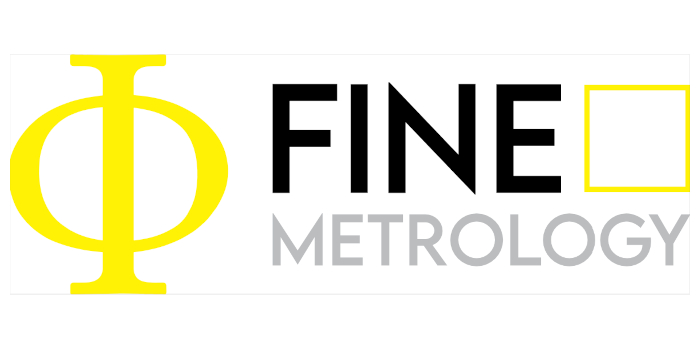KEYNOTE
Advanced Sustainable Materials and Sensors for Environmental Monitoring
Zeynep Altintas
Kiel University, Germany
ABSTRACT
Ensuring environmental safety and public health requires effective strategies for virus sensing and removal, particularly in water and air systems, where pathogenic transmission poses a persistent threat. However, existing detection and removal technologies often rely on expensive, unstable recognition elements and complex processes that generate secondary pollutants or exhibit limited efficiency. In this keynote, I will present a novel approach that leverages computationally designed, advanced sustainable materials to overcome these limitations. By integrating these materials into sensor platforms and membrane systems, we achieve high-performance virus detection and removal with minimal environmental impact. Specifically, virus-specific sensing materials enabled ultra-sensitive detection of human pathogenic viruses in complex media such as tap water (limit of detection = 0.064 fM), demonstrating excellent selectivity and robustness. Concurrently, functionalized membranes based on polyvinylidene fluoride (PVDF) and polyethersulfone (PES), enhanced with computationally optimized materials, enabled complete (100%) virus removal from contaminated water. This dual-function strategy not only improves the efficiency and specificity of virus monitoring technologies but also advances the development of sustainable, scalable solutions for point-of-care diagnostics and environmental remediation. The results underscore the transformative potential of smart materials in addressing global challenges at the intersection of health, sustainability, and environmental monitoring.
SPEAKER BIOGRAPHY
Zeynep Altintas is a Full Professor and Chair of Bioinspired Materials and Biosensor Technologies at Kiel University, Germany. From 2016 to 2022, she led the Biosensors and Receptor Development Group at the Technical University of Berlin. She has authored over 179 publications and supervised more than 42 Ph.D. and M.Sc. students, in addition to mentoring 16 postdoctoral fellows. Her research has been widely recognized through numerous prestigious international awards and grants, including the Life Science Bridge Award, the Life Outstanding Investigator Award for Women, the Royal Society of Chemistry Research Award, the Marie Curie Individual Fellowship, and several others. Professor Altintas frequently serves as a reviewer for major research funding bodies such as the European Union (EU), German Research Foundation (DFG), Dutch Research Council (NWO), Humboldt Foundation, Israel Science Foundation (ISF), French National Research Agency (ANR), German Federal Ministry of Education and Research (BMBF), and the Wisconsin Groundwater Coordinating Council (USA). She is Associate Editor of Sensing and Bio-Sensing Research and serves on the editorial boards of Biosensors and Bioelectronics, Scientific Reports, Micromachines, and Materials. An active member of the Royal Society of Chemistry since 2012, she also holds visiting professorships in various EU countries and contributes to the organization of several international conferences.


